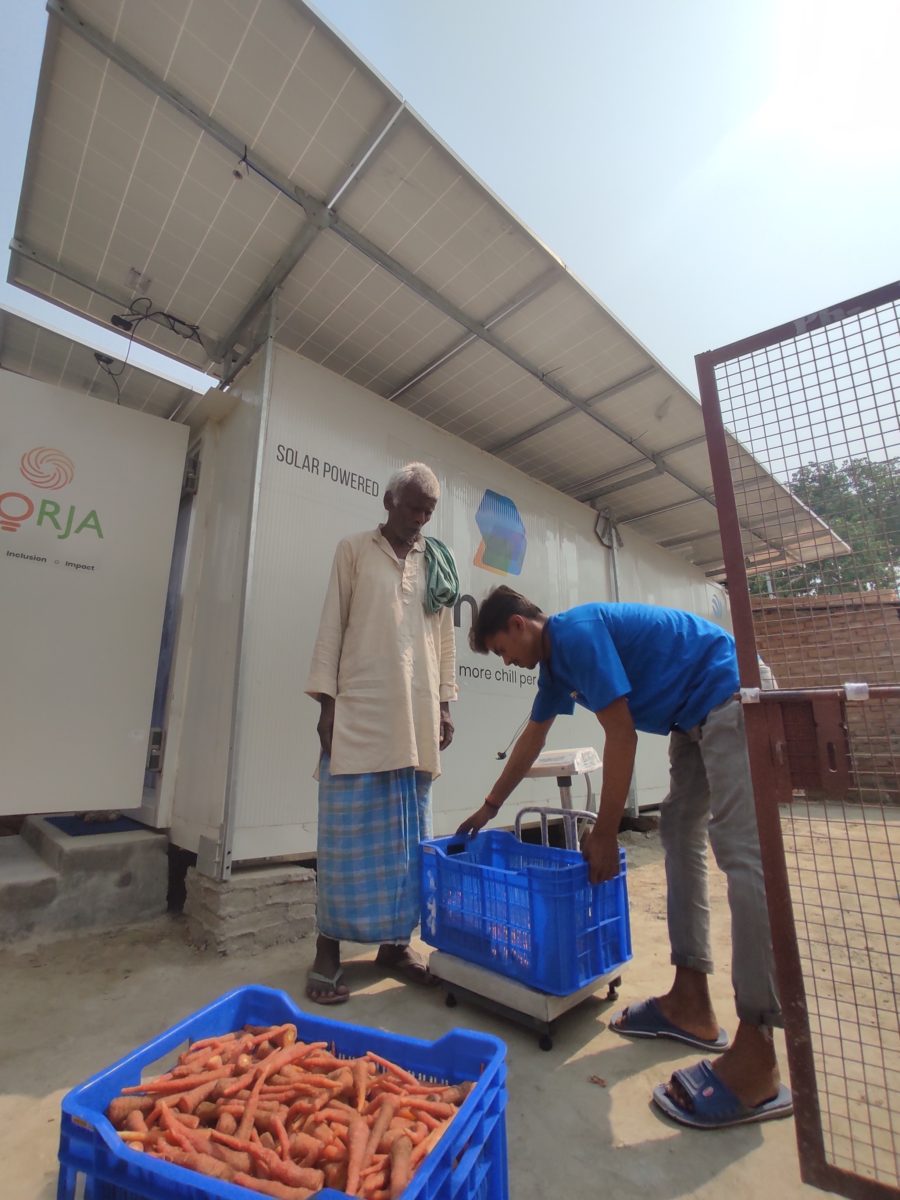The Ministry of New and Renewable Energy has prepared a framework to develop an enabling ecosystem and promote widespread adoption of distributed renewable energy (DRE) based livelihood applications in the country. Some of the identified DRE-based livelihood applications with potential for scale-up include solar cold storages, solar tunnel dryers, mini rice mills, multi-purpose food processors, DRE-enabled climate-controlled vertical farming systems, solar submersible pumps, solar sewing machines, and solar looms.
The framework is developed to guide the state-level and central government ministries and other stakeholders in formulating schemes and programs for the promotion of distributed renewable energy-based livelihood applications.
It includes steps for demand assessment; innovation, research and development of DRE technologies to offer tailor-made solutions; pilot and up-scaling of DRE livelihood applications; improving access to finance; skill development and capacity building; etc.
The demand assessment activity will help in mapping the needs of beneficiaries with appropriate fit to DRE livelihood applications. MNRE, in consultation with stakeholders, shall develop a list of DRE livelihood applications, which will be updated regularly.
Guidelines and standards for some of the system components will be specified so as to promote innovation in the sector while also ensuring that only good quality products are scaled up. These components could include solar panels, cables, isolators, etc
Incubation and pilot support for DRE-based livelihood enterprises will be facilitated through collaborations with various organizations/industries. The support could include technical assistance to the entrepreneurs to commercialize their solutions.
“In partnership with financial institutions, a financing facility offering a first loss default guarantee with partial risk coverage to facilitate access to credit for entrepreneurs and end-users would be worked out. With this facility in place, financial institutions may explore the development of collateral-free financial products to help meet short-term financing requirements of enterprises as well as stipulate minimum tenure for various values of loan to end-users to ensure repayments are aligned with additional income of the end-users,” as per the framework.
To further enable end-user financing, the framework proposes recognition of DRE-based livelihood solutions under the existing provisions of priority sector lending; preference to DRE-enabled variants of technologies under existing interventions such as Rural Innovation Development Fund; inclusion of DRE-powered livelihood solutions in the list of products that could be supported under Pradhan Mantri MUDRA Yojana and Prime Minister Employment Generation Scheme (PMEGP).
The MNRE will form an inter-ministerial coordination committee to identify and exploit opportunities for DRE livelihood applications under the schemes of various Ministries and Departments of the Central/State Government. The committee will have participation from the Ministry of Agriculture and Farmer Welfare; Ministry of Rural Development; Ministry of Fisheries, Animal Husbandry and Dairying; Ministry of Micro, Small and Medium Enterprises; Ministry of Tribal Affairs; Ministry of Skill Development and Entrepreneurship; Ministry of Textiles; Ministry of Food Processing Industries; Ministry of Health & Family Welfare; and Ministry of Science & Technology.
This content is protected by copyright and may not be reused. If you want to cooperate with us and would like to reuse some of our content, please contact: editors@pv-magazine.com.









By submitting this form you agree to pv magazine using your data for the purposes of publishing your comment.
Your personal data will only be disclosed or otherwise transmitted to third parties for the purposes of spam filtering or if this is necessary for technical maintenance of the website. Any other transfer to third parties will not take place unless this is justified on the basis of applicable data protection regulations or if pv magazine is legally obliged to do so.
You may revoke this consent at any time with effect for the future, in which case your personal data will be deleted immediately. Otherwise, your data will be deleted if pv magazine has processed your request or the purpose of data storage is fulfilled.
Further information on data privacy can be found in our Data Protection Policy.